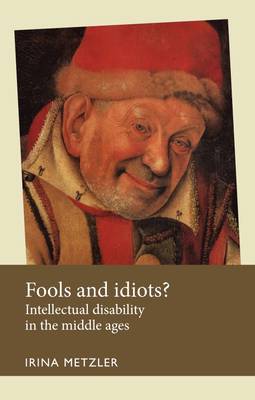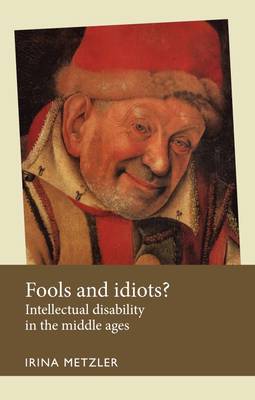
- Afhalen na 1 uur in een winkel met voorraad
- Gratis thuislevering in België vanaf € 30
- Ruim aanbod met 7 miljoen producten
- Afhalen na 1 uur in een winkel met voorraad
- Gratis thuislevering in België vanaf € 30
- Ruim aanbod met 7 miljoen producten
Zoeken
€ 111,95
+ 223 punten
Uitvoering
Omschrijving
This is the first book devoted to the cultural history in the pre-modern period of people we now describe as having learning disabilities. Using an interdisciplinary approach, including historical semantics, medicine, natural philosophy and law, it considers a neglected field of social and medical history and makes an original contribution to the problem of a shifting concept such as 'idiocy'. Medieval physicians, lawyers and the schoolmen of the emerging universities wrote the texts which shaped medieval definitions of intellectual ability and its counterpart, disability. In studying such texts, which form part of our contemporary scientific and cultural heritage, we gain a better understanding of which people were considered to be intellectually disabled and how their participation and inclusion in society differed from the situation today.
Specificaties
Betrokkenen
- Auteur(s):
- Uitgeverij:
Inhoud
- Aantal bladzijden:
- 256
- Taal:
- Engels
- Reeks:
Eigenschappen
- Productcode (EAN):
- 9780719096365
- Verschijningsdatum:
- 1/02/2016
- Uitvoering:
- Hardcover
- Formaat:
- Genaaid
- Afmetingen:
- 140 mm x 216 mm
- Gewicht:
- 444 g

Alleen bij Standaard Boekhandel
+ 223 punten op je klantenkaart van Standaard Boekhandel
Beoordelingen
We publiceren alleen reviews die voldoen aan de voorwaarden voor reviews. Bekijk onze voorwaarden voor reviews.











